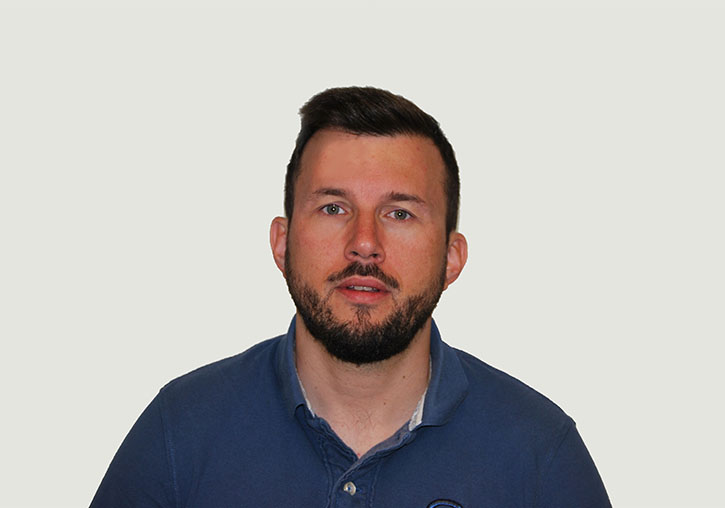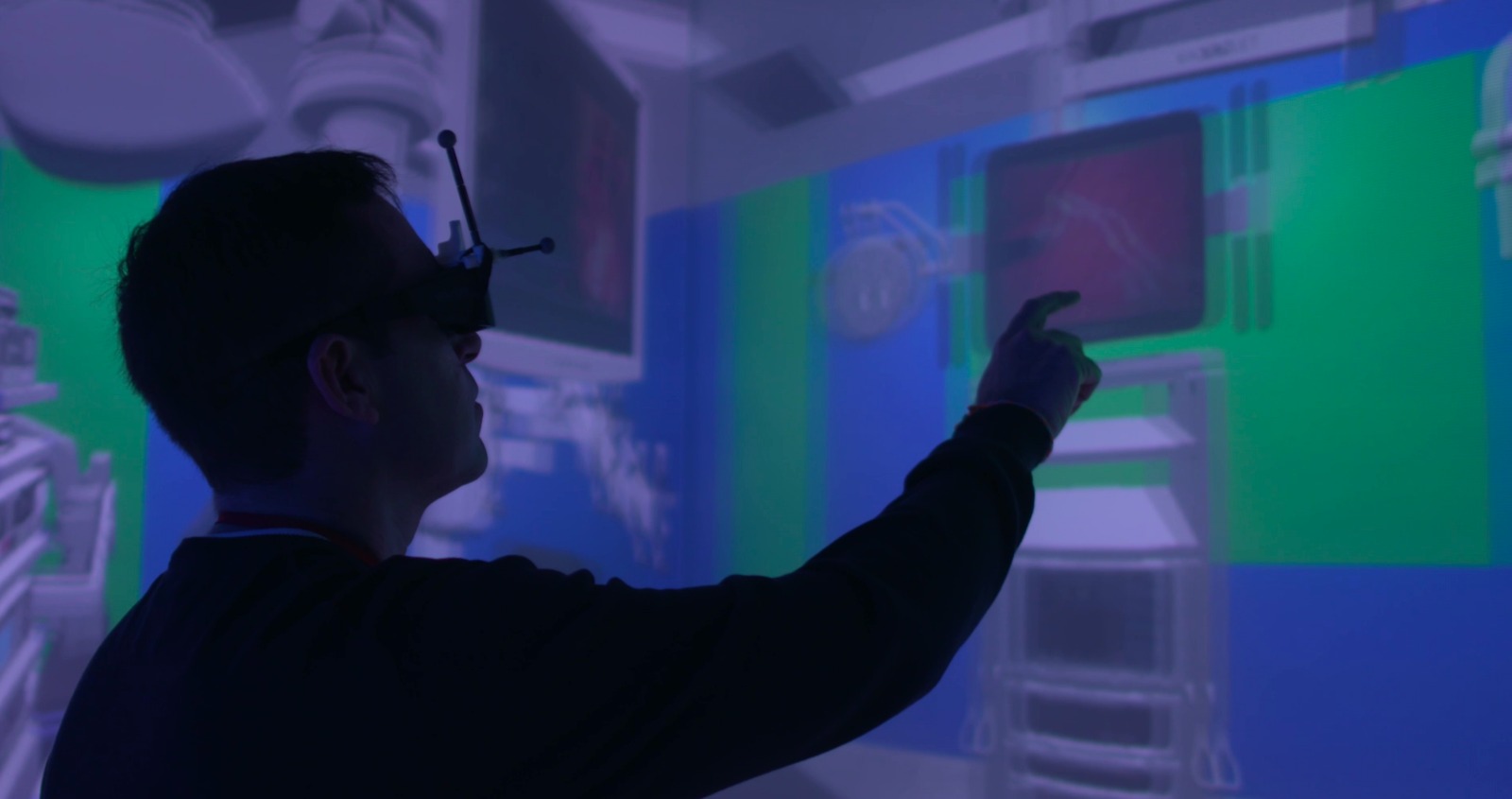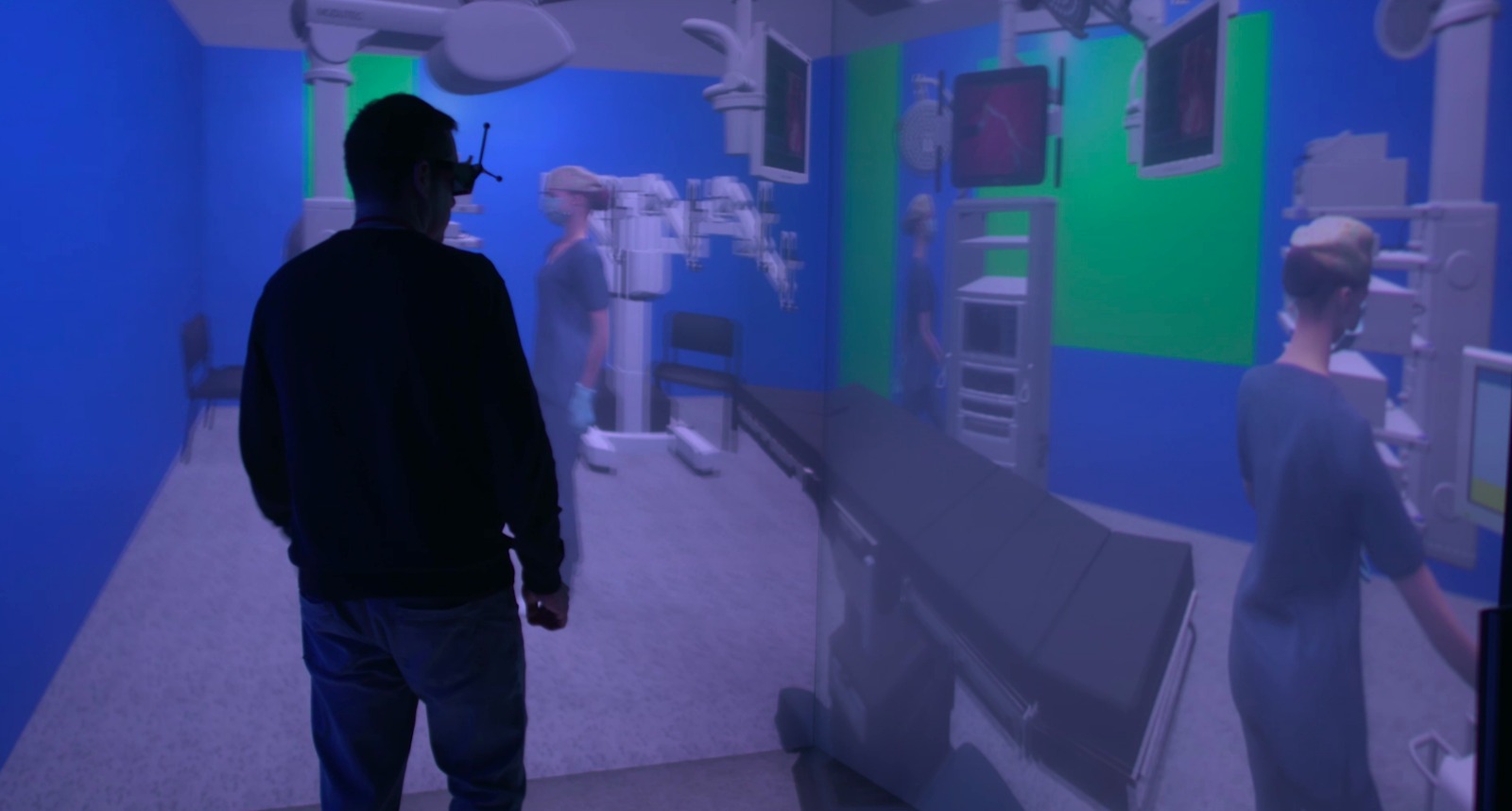Autonomous mobile robot will disinfect more quickly potentially infected Covid-19 hospital areas
- Scientific Culture and Innovation Unit
- May 15th, 2020

A research team from the University of Valencia, led by the professor of the Department of Computer Science Pedro Morillo develops a project to improve protection against infections in areas of high availability of health centres. The proposal, “Development of advanced measures against COVID-types contagions”, has received the support of the call of the Generalitat Valenciana “Capabilities of the Valencian system of innovation in the fight against COVID-19”, that funds projects that provide innovative solutions for the fight against coronavirus.
To carry out the project, an autonomous mobile robot is being designed and built and will be in charge of faster and more efficient disinfection of the most sensitive sanitary areas of hospitals, such as operating rooms, intensive care areas or patient resuscitation rooms.
“This mobile robot proposes the innovation of simultaneously including disinfection based on high intensity germicidal ultraviolet light emitted by a xenon gas light, along with an autonomous navigation system that uses artificial intelligence algorithms to create virtual maps with spaces, minimising trajectories”, explains the researcher.
“The disinfections made today are usually based, either on the use of products based on filiferin dilutions, because of their characteristics of bactericidal disinfectants of broad spectrum, viricidal, sporicidal and antiseptic, or through the use of ozone gas. In any of the options it takes at least one hour for these disinfections to take effect,” says Pedro Morillo.
So far, the team has validated the robot’s navigation model using virtual reality technologies and is building a first version of the prototype. These have been developed at the Institute of Robotics and Information and Communications Technologies (IRTIC).
The first field tests are planned shortly. “With our proposal we consider obtaining disinfections of these sanitary spaces in a few minutes, improving their temporary availability rates and reducing the risk of the operators who have to work, in the midst of the health alert for coronavirus”, concludes Morillo.
In addition to IRTIC, the School of Engineering of the University of Valencia participates in the project. The proposal is supported by the General Hospital of Valencia.
Attached photos: Simulation using Virtual Reality technologies.




















